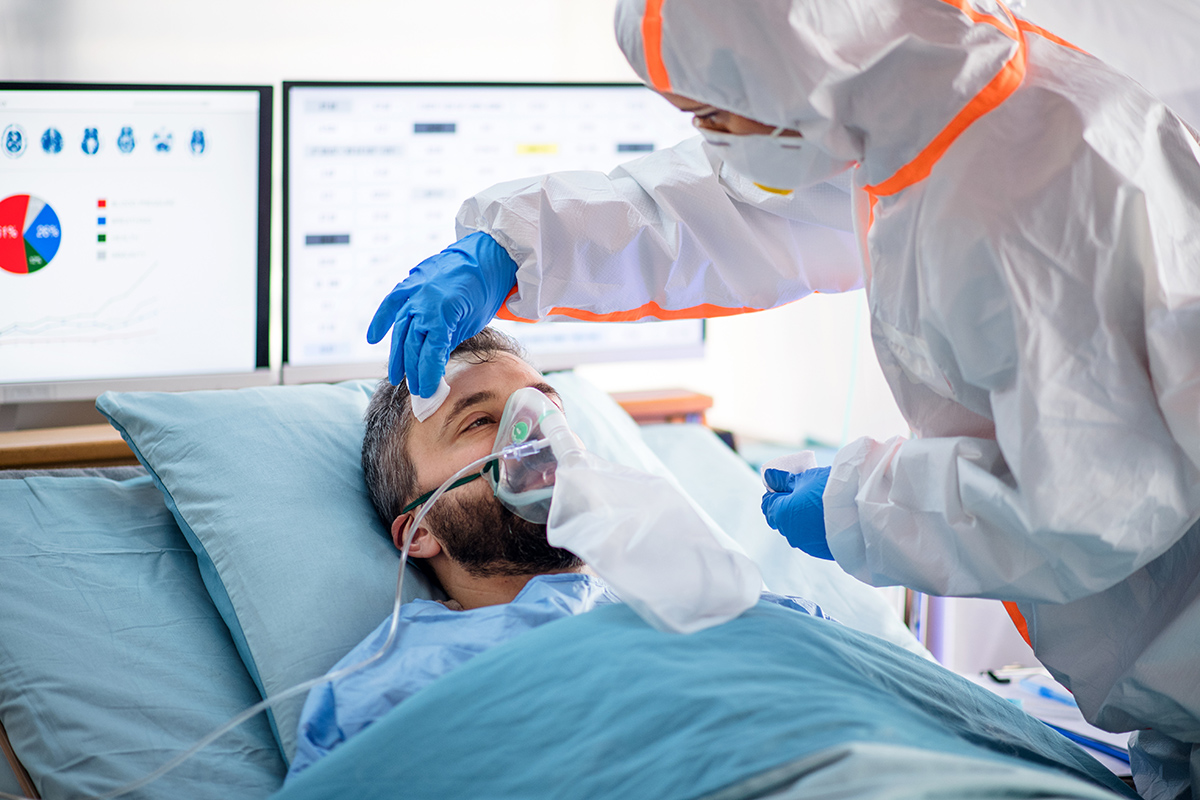A team of researchers has identified nine potential new Covid-19 treatments, including three, that was already approved by the US Food and Drug Administration(FDA) for treating other diseases.
The study, published in the journal cell reports, screened thousands of existing drugs and drug-like molecules for their ability to inhibit the replication of the Covid-19-causing coronavirus, SARS-CoV-2.
Of the nine drugs found to reduce SARS-CoV-2 replication in respiratory cells, three already have FDA approval — the transplant-rejection drug cyclosporine, the cancer drug dacomitinib, and the antibiotic salinomycin.
For the study, the researchers assembled a library of 3,059 compounds, including about 1,000 FDA-approved drugs and more than 2,000 drug-like molecules that have shown activity against defined biological targets.
They then tested all of these for their ability to significantly inhibit SARS-CoV-2 replication in infected cells, without causing much toxicity.
Initially, they performed antiviral screens using cell types that could grow easily in the lab and infect with SARS-CoV-2, namely African Green Monkey kidney cells, and a cell line derived from human liver cells.
With these screens, they identified and validated several compounds that worked in the monkey kidney cells and 23 that worked in the human liver cells. Hydroxychloroquine, which is used as a malaria drug, and remade sivir, were effective in both cell types.
“Our discoveries here suggest new avenues for therapeutic interventions against Covid-19, and also underscore the importance of testing candidate drugs in respiratory cells,” said researcher Sara Cherry from the University of Pennsylvania.
Since SARS-CoV-2 is mainly a respiratory virus and is thought to initiate infections via airway-lining cells, the researchers sought a respiratory cell type that they could infect experimentally with the virus.
They eventually identified a suitable cell line, Calu-3, that is derived from human airway-lining cells.
They used these respiratory-derived cells to test the antiviral compounds identified through the human liver cell screen and found that only nine had activity in the new cells. The nine did not include hydroxychloroquine.
The nine antivirals active in respiratory cells did include salinomycin, a veterinary antibiotic that is also being investigated as an anticancer drug; the kinase enzyme inhibitor dacomitinib, an anticancer drug; bemcentinib, another kinase inhibitor now being tested against cancers; the antihistamine drug ebastine; and cyclosporine, an immunosuppressive drug commonly used to prevent the immune rejection of transplanted organs.











